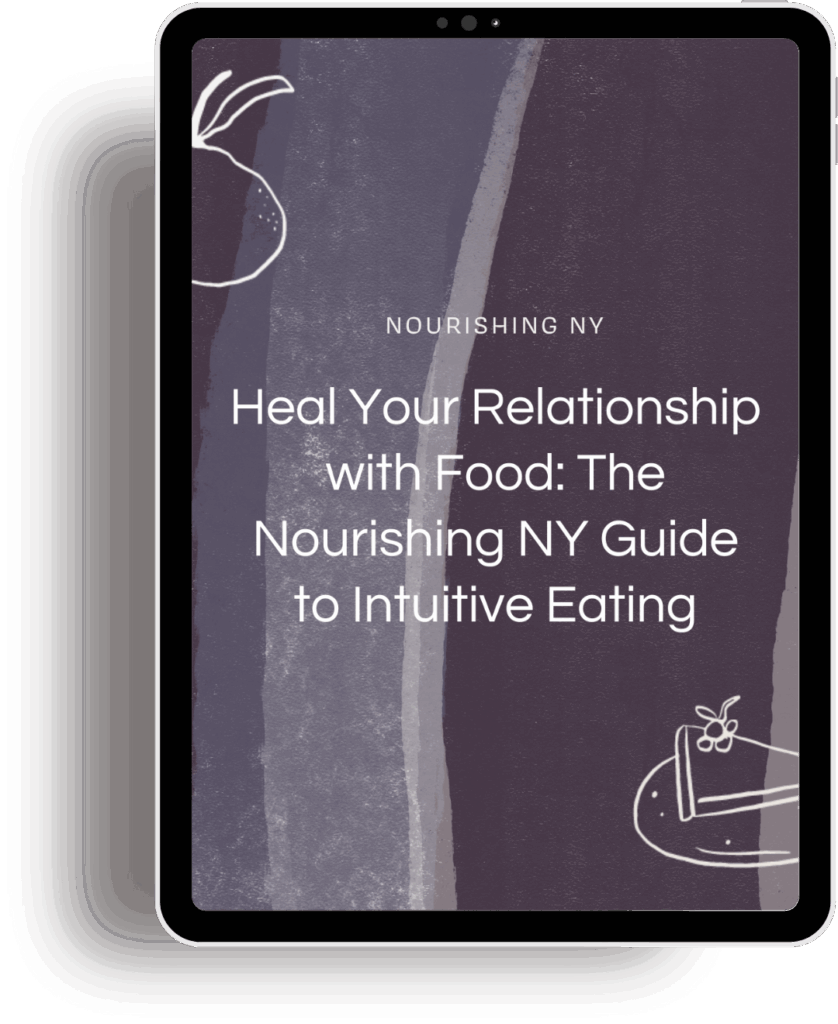Recognition is the first step to recovery.
Eating disorders are complex diseases that often remain undetected. There are so many warning signs that demonstrate an individual is experiencing an eating disorder. These signs include:
-
A dramatic increase or decrease in weight not related to a medical condition
-
Severe dieting, ritualized mealtime behaviors, fear of dietary fat, secretive bingeing, or lying about food
-
An intense preoccupation with weight and body image
-
Mood swings, depression, and/or irritability
-
Compulsive or excessive exercising especially without adequate nutritional intake or when injured or ill
Contrary to what many people believe, weight is NOT the only indicator of an eating disorder. An individual with an eating disorder can appear underweight, overweight, or “normal” weight. This makes it more crucial than ever to understand the hidden signs of eating disorders and recognize them for what they are.
Do you:
-
Constantly think about your food, weight, or body image and have difficulty concentrating because of those thoughts?
-
Experience guilt or shame around eating, such as worrying about what your last meal is doing to your body?
-
Feel “out of control” when it comes to food, leading to food binges twice a week?
-
Feel fat even when others tell you that you are thin and obsess about the size of specific body parts?
-
Weigh yourself several times daily and exercise to lose weight even if you are ill or injured?
-
Rid yourself of food by vomiting after eating or using laxatives and diuretics to keep your weight down?
-
Severely limit your food intake by counting calories or fat grams and labeling foods as “good” and “bad”?
If you find yourself checking off any of these boxes, your behaviors around food should be addressed with a qualified professional. An Eating Disorders Professional can give you a thorough assessment, honest feedback, and advice about what you may want to do next. Healing your relationship with food and your body is a must, and it should not be taken lightly.



